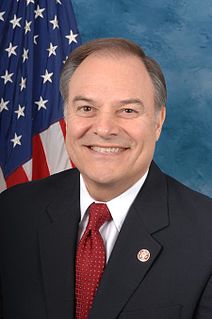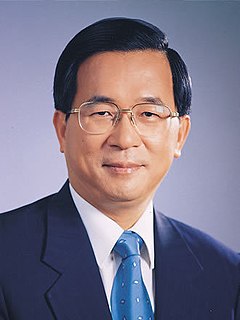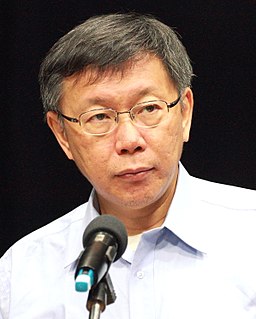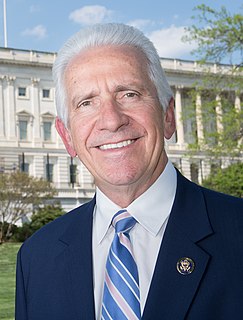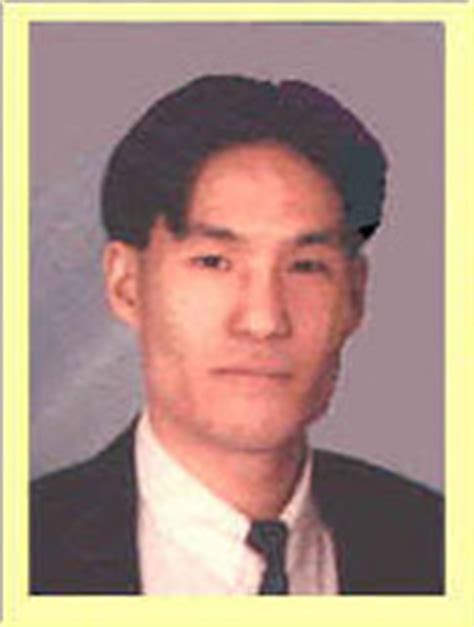A Quote by Nick Lampson
Free nations of the world cannot allow Taiwan, a beacon of democracy, to be subdued by an authoritarian China.
Related Quotes
It can be argued - and rightly - that Taiwan is not just another regional issue: after all, the Chinese regard it as part of China. But Taiwan is also a regional issue for three reasons. First, the overthrow or even the neutering of democracy in Taiwan, which is what Beijing effectively demands, would be a major setback for democracy in the region as a whole. Second, if the Chinese were able to get their way by force in Taiwan, they would undoubtedly be tempted to do the same in other disputes. And third, there is no lack of such disputes to provoke a quarrel.
In the short term, it would not have made it possible to resume relations, because in the Chinese mind, the humiliation of China started with the annexation of Taiwan by Japan. If the United States had suddenly declared Taiwan as a separate state - for which we would have had no support among other nations - the consequences would have been giving up our relationship with China and committing ourselves to a long-term conflict with China.
I think that my emergence as a leader is closely related to the development of Taiwan's democracy. Taiwan's democracy was a gradual development. It was done from the bottom up. Therefore a lot of the more successful political leaders come from civil society, those that are closer to the grass-roots level of the public.
